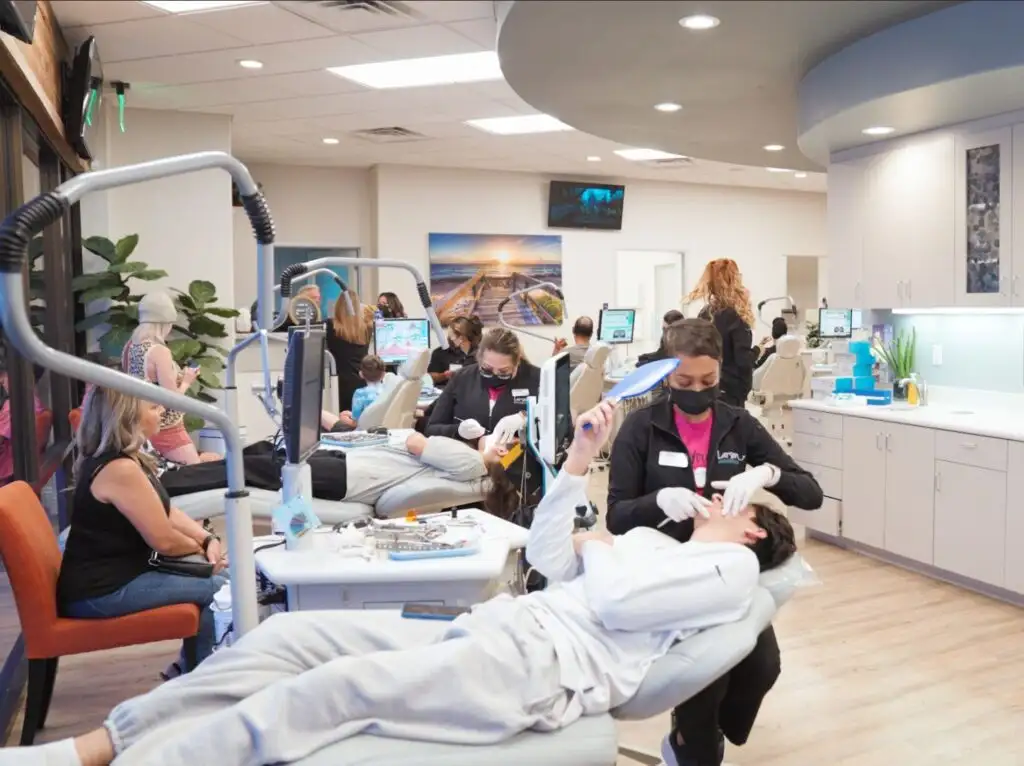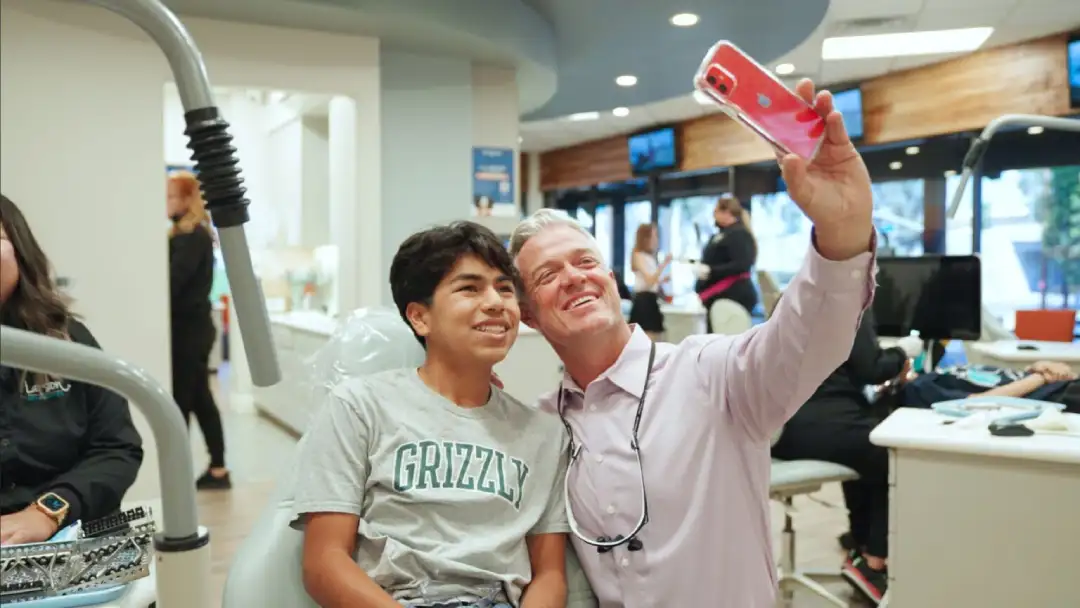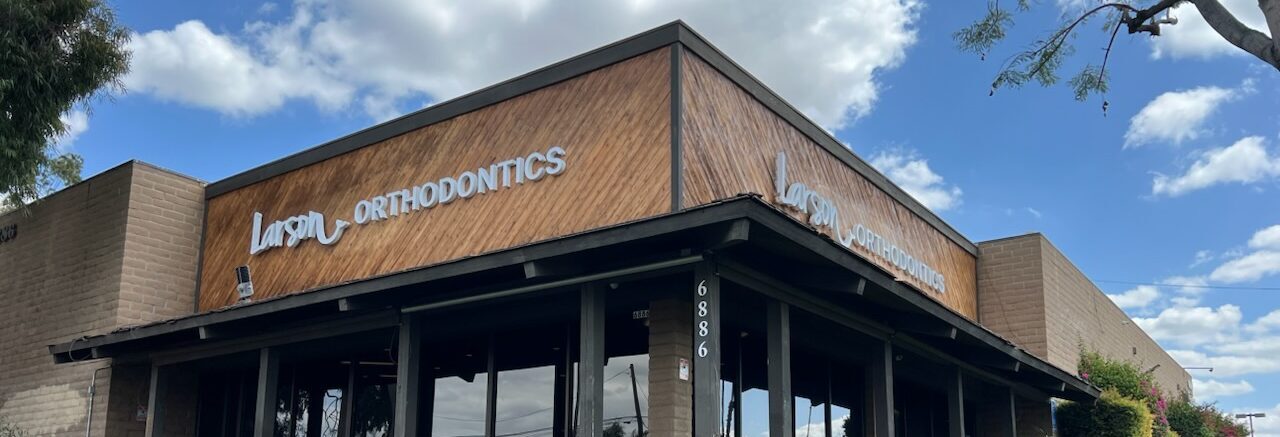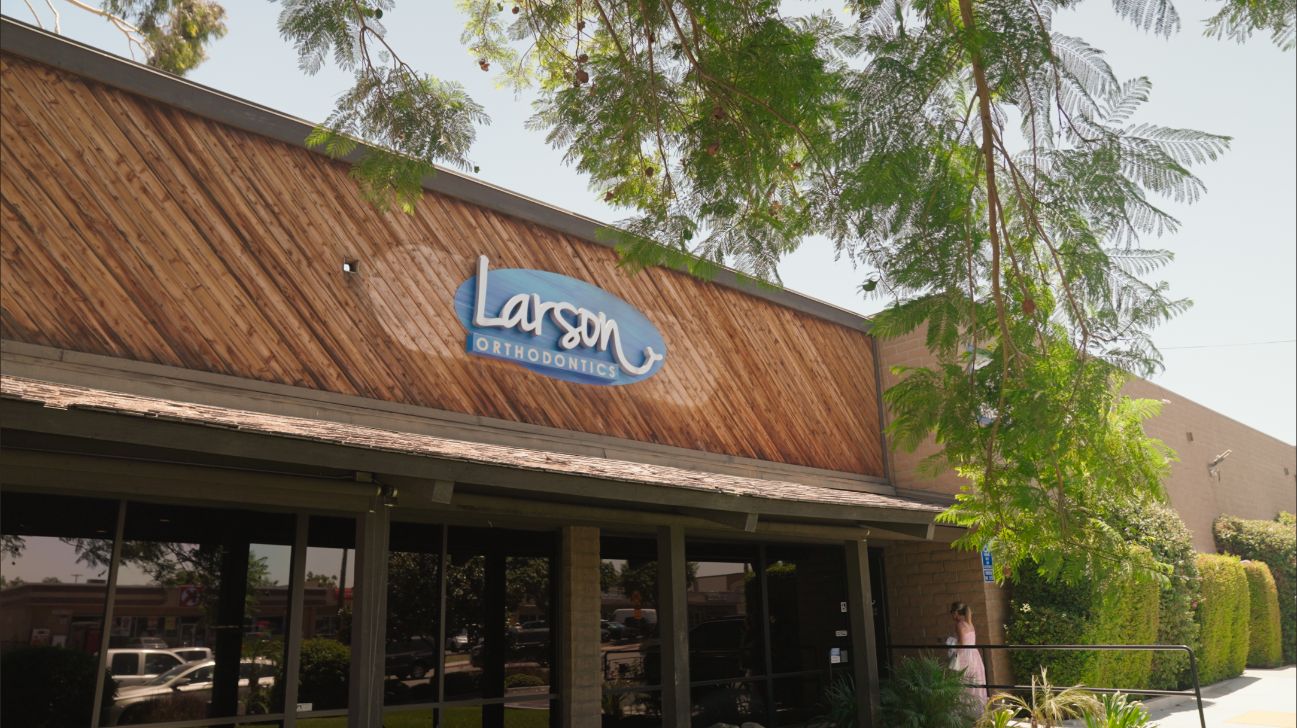Orthodontic treatment is a big step toward a healthier, more confident smile—but like any medical journey, small bumps in the road can happen. Whether your child knocks a bracket loose during sports practice or you’re dealing with a sharp wire the night before a big event, it’s easy to feel unsure about what to do next.
At Larson Orthodontics, we believe in giving our patients the knowledge and tools to feel confident—even when something unexpected pops up. While true orthodontic emergencies are rare, being prepared can make all the difference in how quickly and comfortably an issue is resolved.
In this guide, we’ll walk you through the most common orthodontic issues, how to manage them at home, and when it’s time to reach out to your orthodontist for help.
What Is (and Isn’t) an Orthodontic Emergency?
Let’s clear this up first: most orthodontic issues are not true emergencies and can wait a day or two until you’re able to visit the office. That said, there are times when quick action is important.
Contact us right away if you experience:
- Severe or unrelenting pain
- Injury to the mouth, teeth, or face that impacts your braces
- Bleeding that won’t stop or signs of infection (swelling, pus, fever)
A wire or appliance that is cutting into tissue or affecting breathing
For everything else, you’re likely dealing with a minor orthodontic issue that can be managed temporarily at home—often with just a few household tools and a little know-how.
Common Orthodontic Issues and How to Handle Them at Home
1. Loose Bracket or Band
Brackets and bands can loosen if you eat hard or sticky foods or bump your mouth. A loose bracket may move along the wire or dangle slightly.
What You Can Do:
If it’s not causing discomfort, leave the bracket in place and apply orthodontic wax to prevent irritation. If it has completely detached, store it in a clean container and bring it to your next appointment.
When to Call:
Let us know during business hours so we can schedule a time to repair or replace the bracket. Don’t delay—it’s important to keep your treatment on track.
2. Poking or Shifted Wire
As your teeth move, wires may shift slightly and begin to poke the inside of your cheeks or lips, causing irritation.
What You Can Do:
Use a clean pencil eraser, cotton swab, or the back of a spoon to gently push the wire into a more comfortable position. Cover the area with orthodontic wax to prevent rubbing. In a pinch, sterilized nail clippers can be used to snip the end of a wire—but only if it’s absolutely necessary and you feel comfortable doing so.
When to Call:
If the wire continues to cause discomfort or you’re unable to reposition it, give us a call. We’ll assess the situation and get you in for a quick adjustment if needed.
3. General Soreness or Tooth Sensitivity
Some discomfort is normal—especially after braces are first placed or after routine adjustments.
What You Can Do:
Stick to soft foods like soup, pasta, mashed potatoes, or smoothies for the first couple of days. Over-the-counter pain relievers like ibuprofen or acetaminophen can help. Rinsing with warm salt water (1 tsp of salt in 8 oz of water) can also soothe sore spots.
When to Call:
If soreness lasts longer than a few days or becomes more severe, let us know so we can make sure everything is progressing as expected.
4. Lost or Broken Retainer
Retainers are a key part of preserving your orthodontic results, so losing or damaging one can be stressful.
What You Can Do:
If your retainer breaks or goes missing, avoid wearing it until we can assess the damage. Never try to bend or fix it yourself, as this can make it less effective.
When to Call:
Contact us right away so we can replace your retainer before your teeth begin to shift. Acting quickly here can save time—and prevent retreatment down the line.
5. Mouth Sores or Irritation
Braces can sometimes cause small sores or raw spots, especially when you’re new to treatment.
What You Can Do:
Use orthodontic wax to cover rough brackets or wires that are rubbing. Rinse with warm salt water a few times a day and stick to soft, cool foods. Over-the-counter oral gels like Orajel can help ease discomfort.
When to Call:
If sores don’t heal within a few days or become infected, it’s time to get in touch.
How to Prevent Orthodontic Emergencies
While not every problem can be avoided, good habits go a long way in protecting your smile and minimizing surprises.
Tips for a smoother treatment experience:
- Avoid hard, crunchy, and sticky foods (ice, popcorn, caramel, gum, etc.)
- Wear a mouthguard during contact sports or activities
- Practice great oral hygiene—brush and floss daily
- Follow the care instructions we provide during appointments
- Don’t skip scheduled visits—routine checks help catch issues early
We’re Here When You Need Us
At Larson Orthodontics, your comfort and progress are always our top priorities. Whether you’re dealing with a minor irritation or something more serious, we’re just a phone call away. Our friendly team will walk you through what to do, schedule a repair if needed, and make sure your smile stays on the right track.
Have questions or need help with an orthodontic issue?
Call us or reach out online—we’re here to support you every step of the way.




